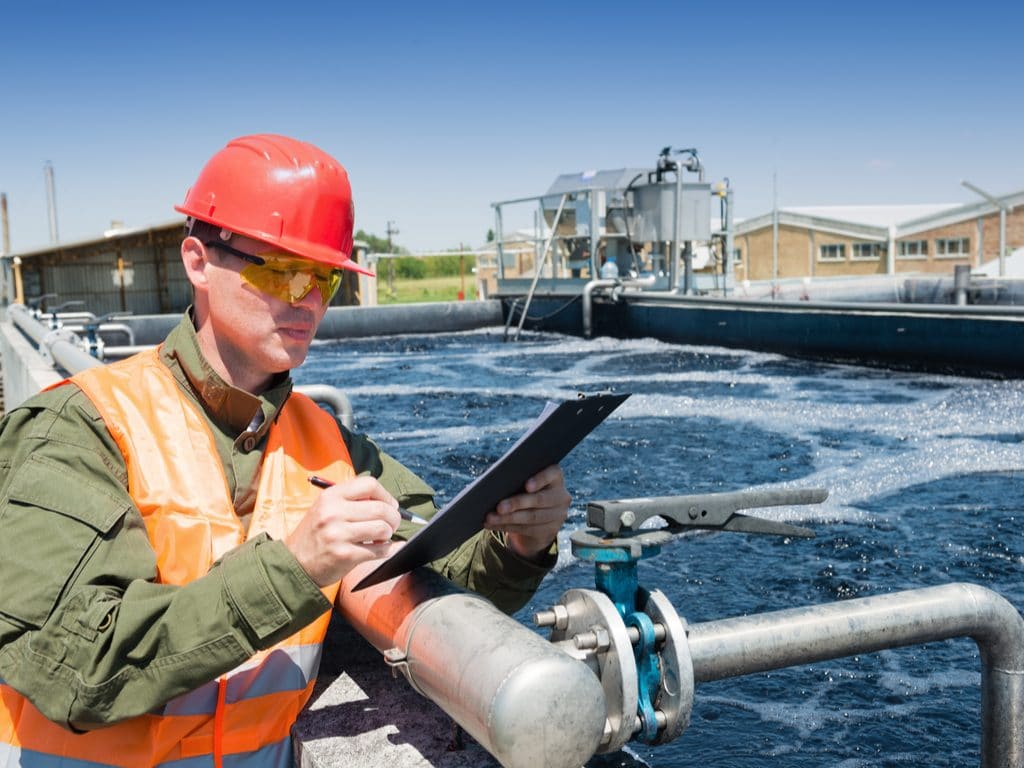The initiative called Massire aims to select, through a participatory approach, innovations with high potential in water management and to evaluate their adoption conditions in North Africa. It was officially launched by CIRAD on May 2, 2019 at the Hassan II Agricultural and Veterinary Institute in Rabat, the capital of Morocco. CIRAD is the French organisation for agronomic research and international cooperation for the sustainable development of tropical and Mediterranean regions.
The Massire project aims in particular to improve access to water in the agricultural sector. According to Naoufel Telahigue, one of the managers of the International Fund for Agricultural Development (IFAD), it should “strengthen the capacities of rural populations and their access to the assets, technologies, services and markets they need most to be able to set up profitable and sustainable agricultural businesses”. The project is fully funded by IFAD, in accordance with an agreement signed between the two parties on April 29, 2019. The environmental challenges of the project are well highlighted by its initiators, as Michel Eddi, CEO of CIRAD, has acknowledged: “With climate change, water management is a major scientific and development challenge”.
The roll-out of the Massire project
The project will have a four-year field life. The actors will have to identify technical innovations (new solar pumping technologies, wastewater reuse…) and organisational innovations (water governance, innovation system…). In concrete terms, as project coordinator Marcel Kuper explained, “it is planned to position small family farmers at the heart of sustainable agricultural and rural innovation systems, where they will be able to interact continuously with innovation actors”.
To this end, the experts will select outstanding innovations in the water sector and then assess the conditions for their implementation in North Africa. The project leaders whose ideas are selected will receive technical training to strengthen their capacities, each in their own speciality.
Luchelle Feukeng
